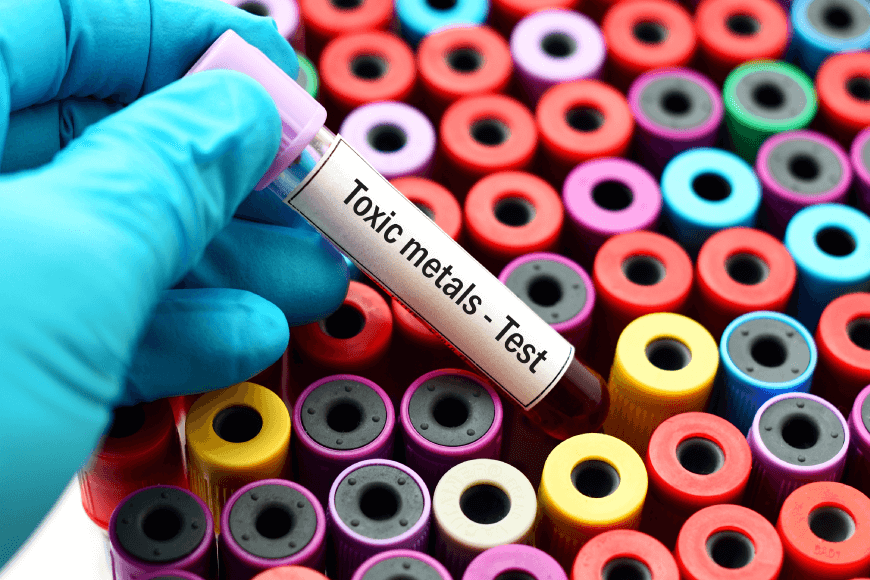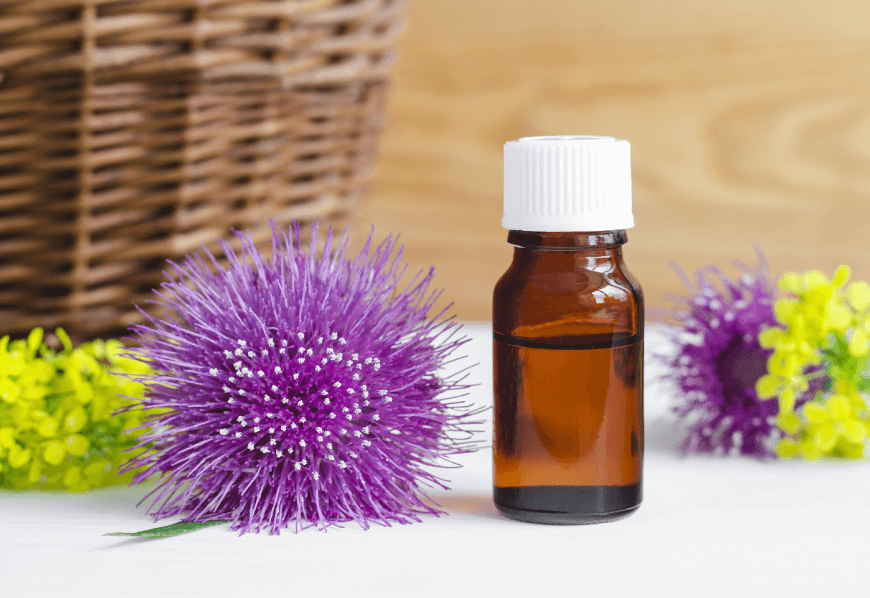Detoxing Heavy Metal Toxicity
High levels of exposure to environmental heavy metals such as lead, mercury, and aluminium can cause acute or chronic toxicity.
The result? Damaged or reduced mental and central nervous function and damage to vital organs. Even more alarming, research shows that long-term exposure may lead to physical, muscular, and neurological degeneration. In short, the pollution of the blood and tissues by environmental poisons and traces of chemicals is a source of chronic disease.
Heavy metals that are of concern:
- The most common toxic metals are lead, aluminium, cadmium, mercury, and arsenic in that order.
- Copper can also be toxic but is essential in small amounts.
- Lead disrupts neurotransmitters in the brain and disposes the individual to nervous excitability, aggression, and hyperactivity.
- Aluminium is associated with Senile Dementia and Alzheimer’s disease.
- Cadmium induces changes in behaviour with reduced mental ability – think of aluminium cooking pots, still too widely used!
- Mercury is present in the amalgam used as fillings in dental surgery.
- Arsenical poisoning may occur as a result of food contamination or in paints.
Some of the warnings signs of heavy metal toxicity:
- Chronic fatigue
- Autoimmune disease
- Neurological disorders
- Brain fog
- Depression and Anxiety
- Insomnia
Need to detox?
Speak to your doctor or healthcare provider to put in place a plan to help you detox safely and effectively. This might include a cleansing diet.
Consider herbal remedies. An internal chelating or cleansing of tissues of the lungs, urinary system, blood and lymph may be assisted by a combination of relative herbal expectorants, diuretics, hepatics, and adaptogens, including Barberry, Chaparral, Burdock, Echinacea, Red Clover, and Yellow Dock.
To bind these with the metals and assist their passage through the intestinal canal out the body, take Slippery Elm, either in powder form mixed with a little milk or in tincture form. Slippery elm forms a mucous coating in the intestine to ease digestion.



